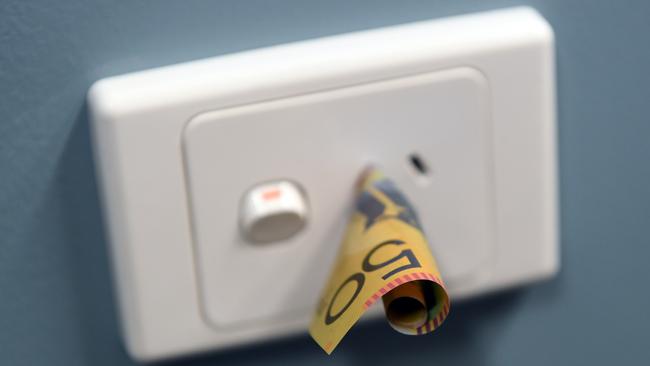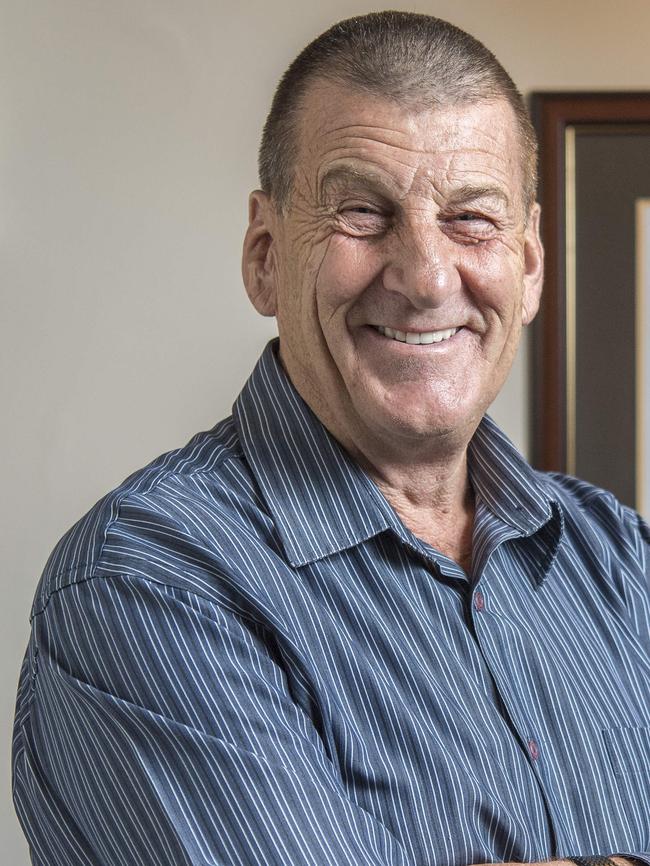Editorial: Energy situation is ridiculous
AUSTRALIA’S energy situation is a simple state of affairs that successive federal and state governments have allowed to become ridiculously complicated. And, as any engineer will aver, with complexity comes additional expense.
Opinion
Don't miss out on the headlines from Opinion. Followed categories will be added to My News.
Australia’s energy situation is a simple state of affairs that successive federal and state governments have allowed to become ridiculously complicated. And, as any engineer will aver, with complexity comes additional expense.
That is why a Formula One engine costs far more to build than the relative straightforward engine in your family Camry. All of that advanced technology does not come cheap. Australia has a huge abundance of available energy supplies and massive reserve supplies awaiting the political will for their extraction. Our coal, gas and uranium stocks are plentiful to such an extent that Australia should be among the least-expensive suppliers of domestic energy on earth.
But introducing complexity to that scenario has added enormous costs — costs that are shown in four-figure power bills even for families mindful of energy conservation.

A significant component of our present difficult situation was brought about by subsidies for renewable energy that, while helping Australia meet international obligations for carbon dioxide reduction, have also had the effect of making coal-fired energy financially unattractive for investors. This would have been fine if coal power remained as a solid standby. But matters have reached the point where ageing coal plants are closing without the prospect of new plants being built. This led to the absurd notion from the Turnbull government that in order to guarantee ongoing reliable coal-generated power, Australia would have to pile coal subsidies on top of subsidies for renewable energy.
Two wrongs don’t make a right. And two sets of subsidies don’t make a sensible energy policy. For that matter, any subsidies so excessive that they damagingly distort the market ought to be abandoned, as much as legal and contractual constraints will allow. At the very least, the government should commit to introducing no further subsidies for renewable energy sources. One senior government member privately likens the energy equation to a Rubik’s cube. Get one side right and it messes up another side. Fix that side and the previously finished side is scrambled again.
In energy terms, this means getting it right on our international obligations will compromise cost and reliability at home. Cutting local costs by rebuilding coal plants hits our international output targets. So it becomes a question of priorities. And that restores simplicity to this entire debate. Reliability and affordability must always come first. Australians do not deserve the financial pain brought about by successive governments. They deserve, and should have on demand, cheap and constant power.
PARENTS ADD TO HSC PRESSURE

The HSC is a gruelling test of patience, endurance and calmness under pressure. And that’s just for the parents. It’s pretty tough on the students, too. Parents are increasingly taking time off work and adopting other kids-first policies to help their children through HSC exams. But, as The Daily Telegraph reports, experts believe some parents might be overdoing it.
“The parent’s presence only adds to the pressure,” parenting authority Dr Justin Coulson said. “The parents think they’re helping but they are creating a psychological pressure.”
Perhaps it’s better to be supportive but to be in the background. The kids have got this under control,
BUILDING FOR THE FUTURE

Former Victorian premier Jeff Kennett made a great difference to his state during a relatively brief period in power. Many of those differences are still enhancing Victoria some 18 years after Kennett lost office. Kennett was essentially governing not for Victoria as it was but for Victoria as it would become. His government now stands out as a rare administration because it was not entirely compromised by narrow, short-term thinking. That sort of cramped, visionless thinking is now a feature of governments Australiawide. “No one, no government seems to be able to see beyond today,” Kennett writes in today’s Daily Telegraph.
“For me, it’s about where we want to be in 2050.”
Arriving at 2050 in a healthy and positive condition necessarily requires dealing with certain challenges along the way, just as Kennett was prepared to endure some community wrath for changes that ultimately were for the best.
Politicians can only get away with short-term thinking if the electorate only demands short-term answers.


